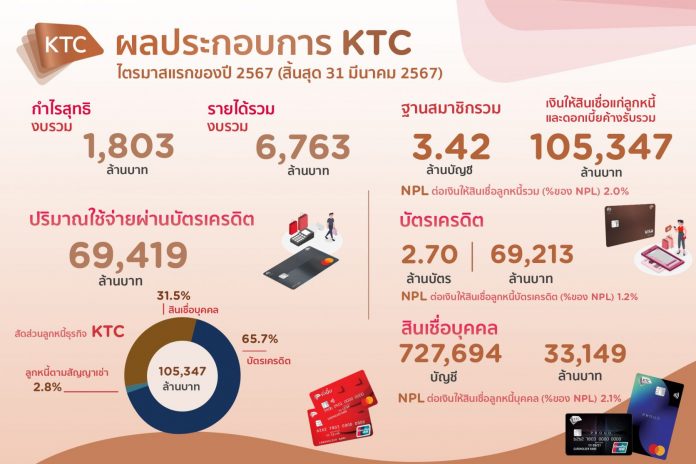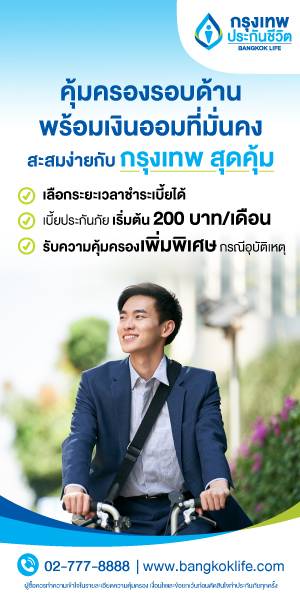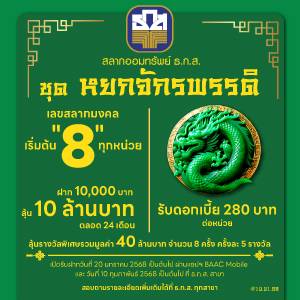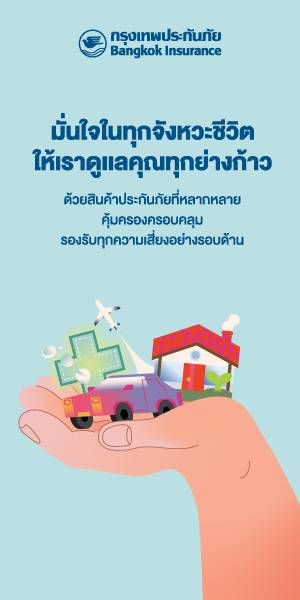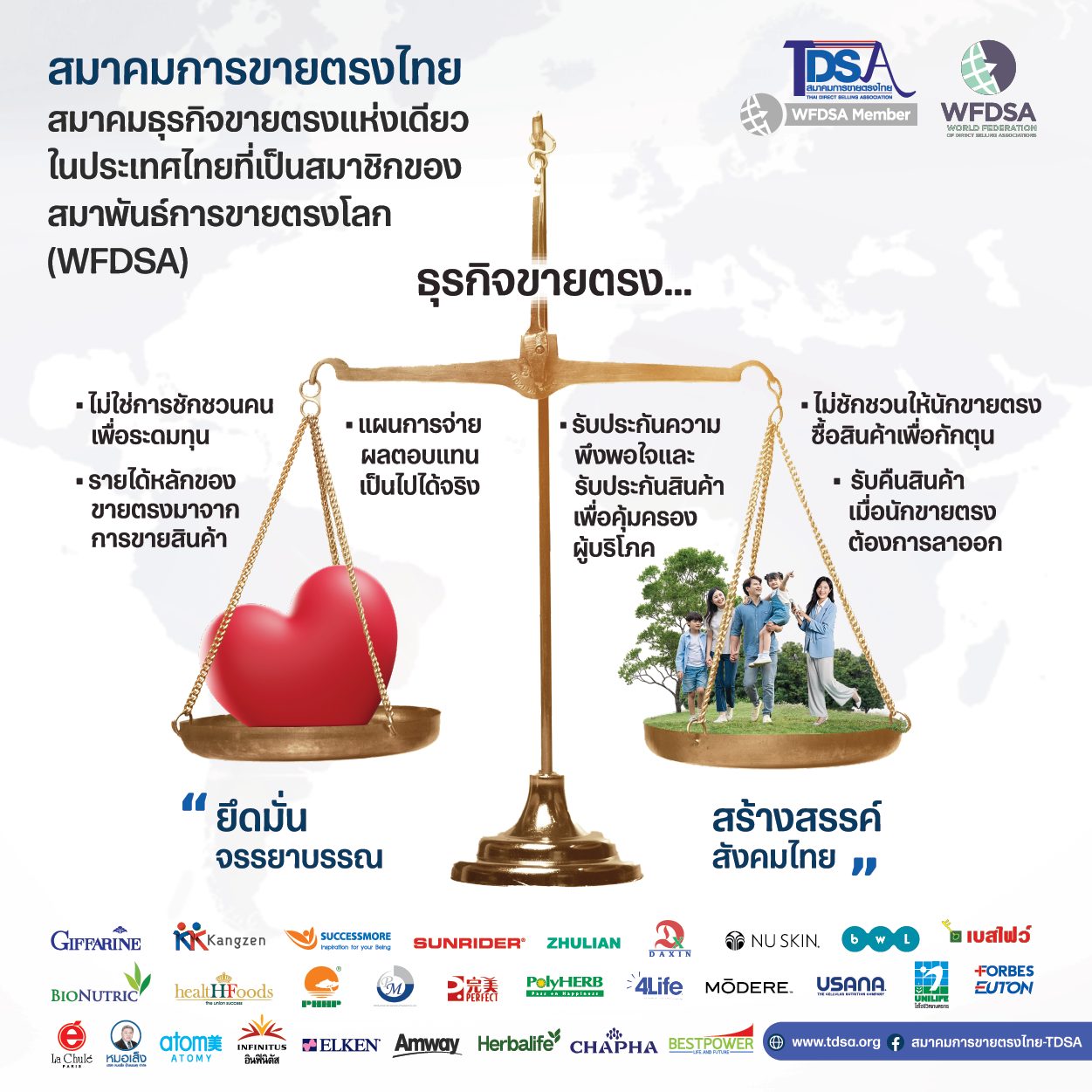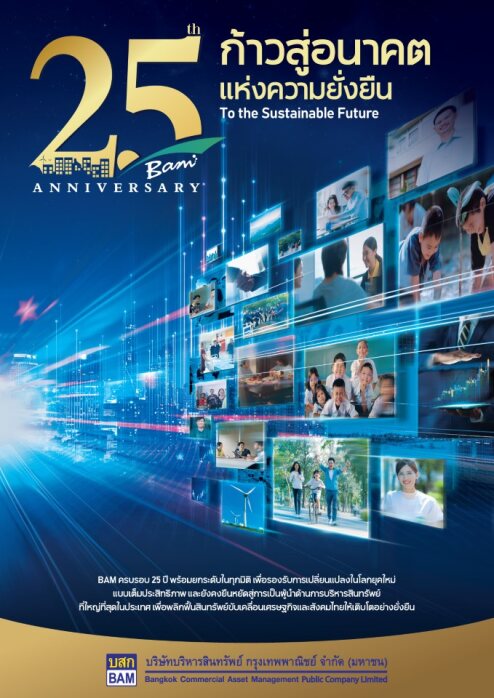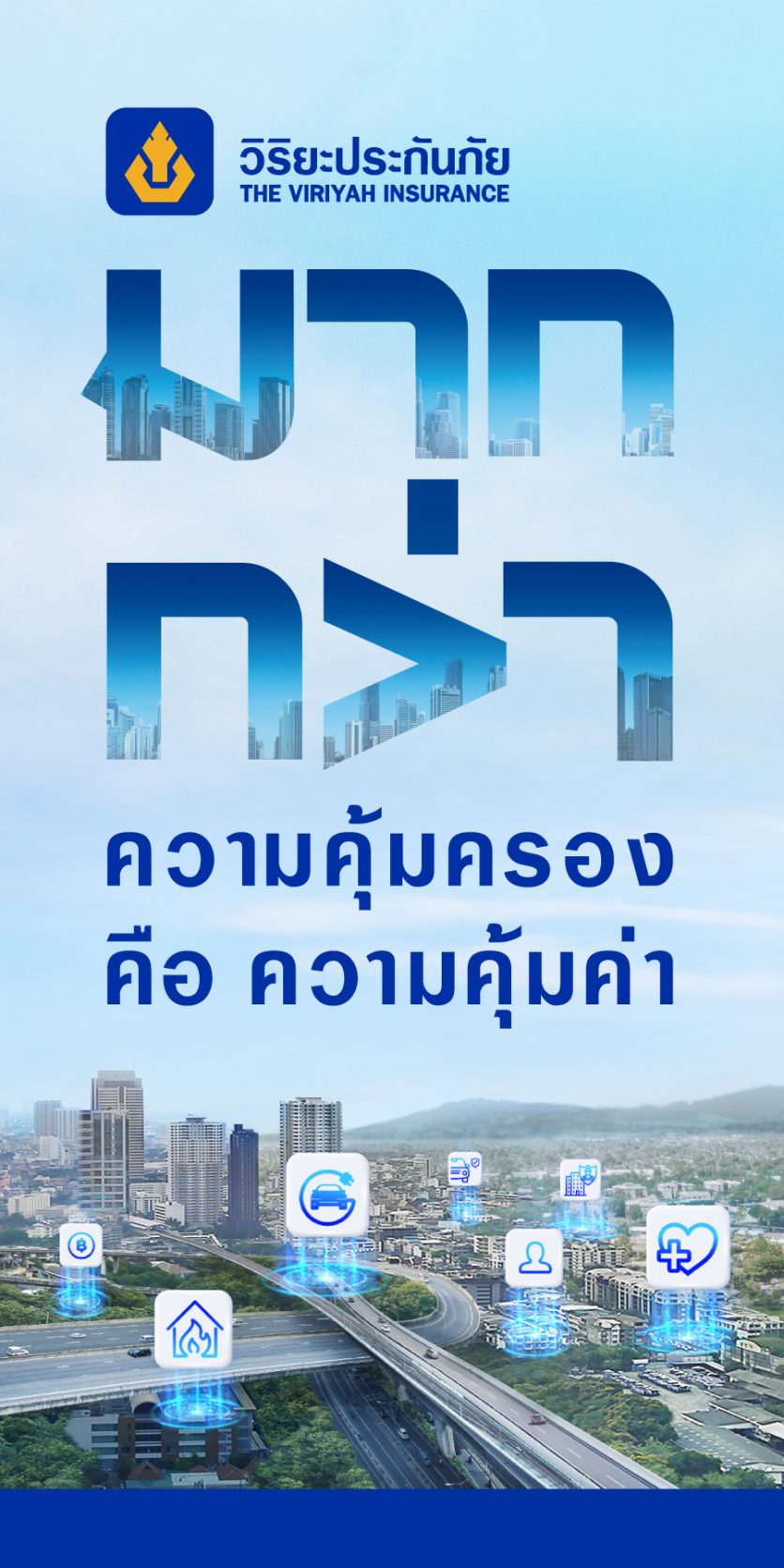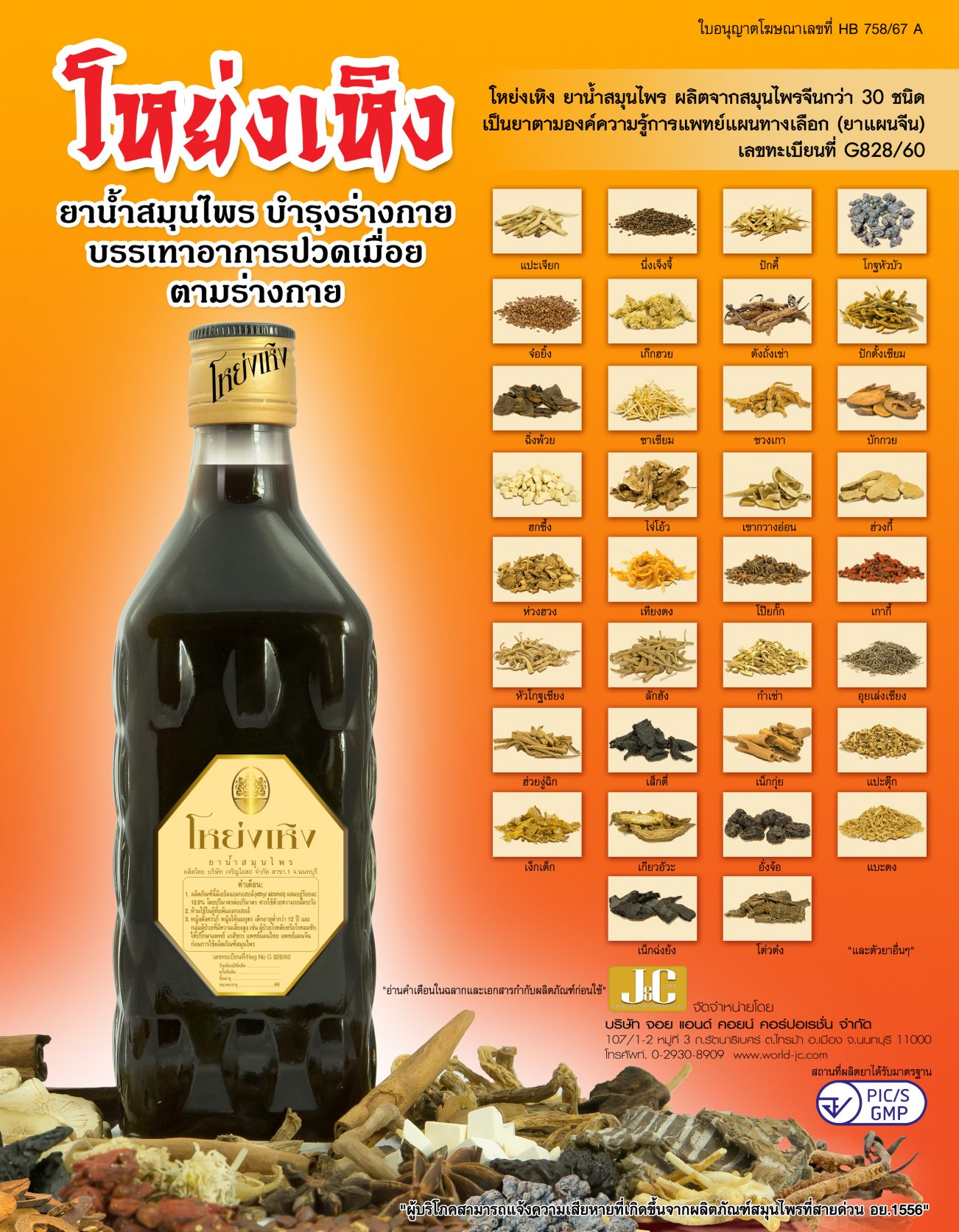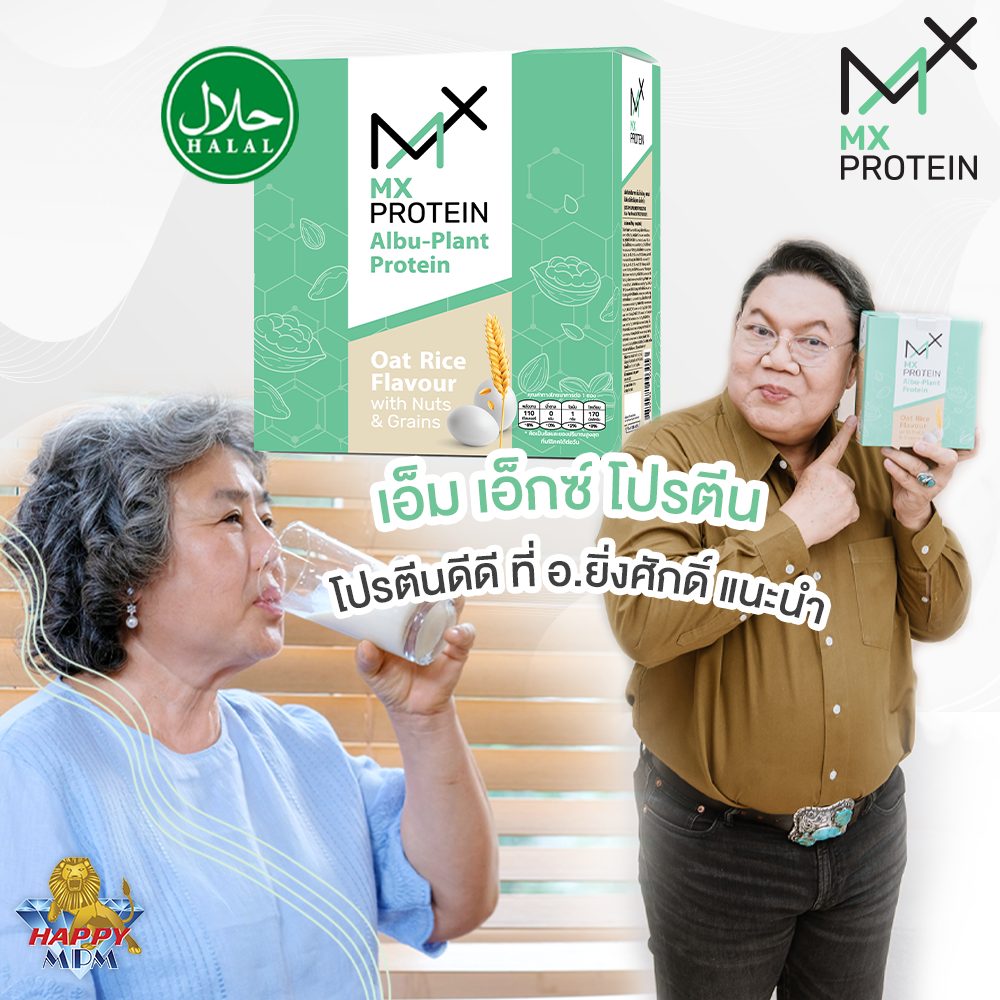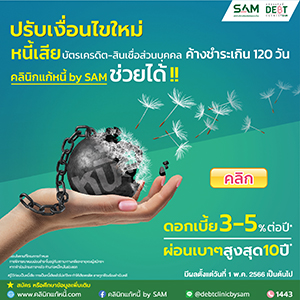เคทีซีเผยไตรมาส 1/2567 กลุ่มบริษัทสามารถทำกำไร 1,803 ล้านบาท เพิ่มขึ้น 2.4% จากไตรมาส 4/2566 สำหรับปริมาณการใช้จ่ายผ่านบัตรเครดิตและพอร์ตสินเชื่อเพิ่มขึ้นในลักษณะชะลอตัว ตามภาพรวมเศรษฐกิจที่โตช้ากว่าคาด เชื่อมั่นผลการดำเนินงานจะเป็นไปตามเป้าหมายที่ตั้งไว้ เดินหน้ากลยุทธ์การตลาด และมีเป้าหมายการดำเนินงานที่ชัดเจน รวมทั้งเน้นบริหารพอร์ตสินเชื่อรวมให้เติบโตอย่างมีคุณภาพ ตามแนวทางการให้สินเชื่อด้วยความรับผิดชอบและเป็นธรรม

นางพิทยา วรปัญญาสกุล ประธานเจ้าหน้าที่บริหาร “เคทีซี” หรือ บริษัท บัตรกรุงไทย จำกัด (มหาชน) กล่าวว่า “อุตสาหกรรมสินเชื่อผู้บริโภคเติบโตแบบชะลอตัว ด้วยแรงกดดันจากความสามารถในการชำระหนี้ รวมถึงหนี้ครัวเรือนที่อยู่ในระดับสูง อย่างไรก็ตาม ในเดือนมีนาคม 2567 ดัชนีความเชื่อมั่นผู้บริโภคยังสะท้อนภาพรวมความเชื่อมั่นในเกณฑ์ดี โดยเคทีซีมีสัดส่วนของลูกหนี้บัตรเครดิตและลูกหนี้สินเชื่อบุคคล (ไม่รวมสินเชื่อที่มีทะเบียนรถเป็นประกัน) เทียบกับอุตสาหกรรม ระหว่างเดือนมกราคม-กุมภาพันธ์ 2567 เท่ากับ 13.2% และ 6.1% ตามลำดับ ขณะที่ส่วนแบ่งตลาดของปริมาณการใช้จ่ายผ่านบัตรของเคทีซีเท่ากับ 12.4%”
“ภาพรวมการดำเนินงานของเคทีซีในช่วงไตรมาสแรกที่ผ่านมายังไม่เป็นไปตามเป้าหมาย เนื่องด้วยสภาวะเศรษฐกิจมีความอ่อนตัวลงมากกว่าที่คาด อย่างไรก็ตาม เคทีซียังสามารถทำกำไรสุทธิตามงบการเงินรวมได้เท่ากับ 1,803 ล้านบาท และงบการเงินเฉพาะกิจการ 1,893 ล้านบาท เพิ่มขึ้นจากไตรมาส 4/2566 เท่ากับ 2.4% และ 7.4% ตามลำดับ โดยเชื่อว่ากลยุทธ์การสร้างฐานลูกค้าบัตรเครดิตในกลุ่มที่มีรายได้สูงขึ้น รวมทั้งการคัดกรองคุณภาพพอร์ตทั้งบัตรเครดิตและสินเชื่อส่วนบุคคล อีกทั้งมีการสื่อสารเชิงรุกถึงกลุ่มลูกค้าเป้าหมายเพื่อสร้างความตระหนักรู้ในผลิตภัณฑ์สินเชื่อเคทีซี พี่เบิ้ม รถแลกเงิน จะสามารถทำให้เคทีซีบรรลุเป้าหมายที่ตั้งไว้ในที่สุด”
“เคทีซีได้ดำเนินการปรับเพิ่มอัตราผ่อนชำระขั้นต่ำของบัตรเครดิตจาก 5% เป็น 8% ซึ่งมีผลในรอบบัญชีตั้งแต่วันที่ 1 มกราคม 2567 นั้น ในช่วงไตรมาส 1/2567 พบว่าลูกหนี้ส่วนใหญ่ของเคทีซีสามารถจ่ายชำระขั้นต่ำที่ 8% ได้ มีเพียงลูกหนี้ส่วนน้อยที่ประสบปัญหา นอกจากนี้ เคทีซีจะนำเสนอแนวทางการให้ความช่วยเหลือแก่ลูกหนี้ที่ยังไม่ด้อยคุณภาพ (non-NPL) ซึ่งเป็นการปรับปรุงโครงสร้างหนี้ในลักษณะเชิงป้องกัน (Pre-emptive DR) ตั้งแต่เริ่มมีสัญญาณว่าลูกหนี้กำลังจะประสบปัญหาในการชำระหนี้อย่างน้อย 1 ครั้ง เพื่อให้ลูกหนี้สามารถชำระหนี้ได้ ไม่กลายเป็นหนี้ด้อยคุณภาพ (NPL) อีกทั้งจะเสนอแนวทางให้ความช่วยเหลือแก่ลูกหนี้ด้อยคุณภาพ (NPL) อย่างน้อย 1 ครั้ง โดยเฉพาะก่อนการดำเนินการตามกฎหมาย โอนขายหนี้ บอกเลิกสัญญา หรือยึดทรัพย์ โดยจะพิจารณาให้สอดคล้องกับความสามารถในการชำระหนี้ของลูกหนี้ และไม่ทำให้ลูกหนี้มีภาระหนี้เพิ่มขึ้นจากภาระหนี้เดิมเกินสมควร ทั้งนี้ เป็นไปตามประกาศของธนาคารแห่งประเทศไทย ธปท. ที่ สกช. 7/2566 เรื่อง การให้สินเชื่ออย่างรับผิดชอบและเป็นธรรม (Responsible Lending: RL)”
“เคทีซีเชื่อมั่นว่าการให้ความช่วยเหลือตามเกณฑ์ดังกล่าว จะไม่มีผลกระทบอย่างมีนัยสำคัญต่อภาพรวมการดำเนินงานของบริษัทฯ และสำหรับการช่วยเหลือลูกหนี้ที่มีปัญหาหนี้เรื้อรัง (Persistent Debt: PD) ซึ่งมีผลบังคับใช้ตั้งแต่วันที่ 1 เมษายน 2567 คาดว่าหากลูกหนี้ที่เข้าเกณฑ์ทุกรายเข้าร่วมโครงการจะมีผลกระทบต่อรายได้ดอกเบี้ยลดลงประมาณ 18 ล้านบาทต่อเดือน”
ทั้งนี้ สินทรัพย์เคทีซี ณ วันที่ 31 มีนาคม 2567 เทียบกับช่วงเดียวกันของปี 2566 พอร์ตสินเชื่อรวมขยายตัวสร้างรายได้เติบโตดี และมีปริมาณการใช้จ่ายผ่านบัตรเพิ่มขึ้นต่อเนื่อง อีกทั้งสามารถรักษาคุณภาพสินทรัพย์ได้ดี โดยมีฐานสมาชิกรวม 3,423,147 บัญชี เงินให้สินเชื่อแก่ลูกหนี้และดอกเบี้ยค้างรับรวม 105,347 ล้านบาท (เพิ่มขึ้น 2.0%) อัตราส่วนสินเชื่อด้อยคุณภาพต่อเงินให้สินเชื่อรวม (NPL) 2.0% แบ่งเป็นสมาชิกบัตรเครดิต 2,695,453 บัตร (เพิ่มขึ้น 4.0%) เงินให้สินเชื่อแก่ลูกหนี้บัตรเครดิตและดอกเบี้ยค้างรับรวม 69,213 ล้านบาท (เพิ่มขึ้น 2.3%) NPL บัตรเครดิตอยู่ที่ 1.2% ปริมาณการใช้จ่ายผ่านบัตรมูลค่า 69,419 ล้านบาท (เพิ่มขึ้น 8.5%) สมาชิกสินเชื่อบุคคลเคทีซี 727,694 บัญชี (ลดลง 2.6%) เงินให้สินเชื่อแก่ลูกหนี้สินเชื่อบุคคลและดอกเบี้ยค้างรับรวม 33,149 ล้านบาท (เพิ่มขึ้น 2.4%) NPL สินเชื่อบุคคลอยู่ที่ 2.1% และลูกหนี้ตามสัญญาเช่าในบริษัท กรุงไทยธุรกิจลีสซิ่ง จำกัด (KTBL) 2,985 ล้านบาท (ลดลง 9.6%) เนื่องจากได้หยุดปล่อยสินเชื่อใหม่ตั้งแต่เดือนสิงหาคม 2566 แล้ว ในส่วนยอดลูกหนี้ใหม่ (New Booking) ของสินเชื่อ “เคทีซี พี่เบิ้ม รถแลกเงิน” เท่ากับ 611 ล้านบาท ขยายตัว 82.6%
ในส่วนของรายได้รวมช่วงไตรมาส 1/2567 เพิ่มขึ้น 11.7% จากช่วงเดียวกันของปี 2566 เท่ากับ 6,763 ล้านบาท ทั้งจากรายได้ดอกเบี้ยรวม (รวมรายได้ค่าธรรมเนียมในการใช้วงเงิน) รายได้ค่าธรรมเนียม และหนี้สูญได้รับคืนที่เพิ่มขึ้น 5.4% 14.7% และ 26.7% ตามลำดับ ขณะที่ค่าใช้จ่ายรวมเพิ่มขึ้น 20.4% จากช่วงเดียวกันของปี 2566 เท่ากับ 4,504 ล้านบาท ตามการขยายตัวของปริมาณธุรกรรม พอร์ตสินเชื่อรวม และการลงทุนพัฒนาระบบงาน รวมถึงมูลค่าการตัดหนี้สูญที่มากขึ้นจากการเปลี่ยนกรอบเวลาการตัดหนี้สูญให้เร็วขึ้น เพื่อให้พอร์ตสินเชื่อรวมหลังสิ้นสุดการใช้เกณฑ์ผ่อนปรนการจัดชั้นลูกหนี้ NPL สะท้อนภาพความเป็นจริงมากขึ้น โดยแบ่งเป็นค่าใช้จ่ายในการบริหาร 2,369 ล้านบาท ผลขาดทุนด้านเครดิตที่คาดว่าจะเกิดขึ้น (ECL) 1,683 ล้านบาท และต้นทุนทางการเงิน 451 ล้านบาท โดยมีอัตราค่าใช้จ่ายในการบริหารรวมต่อรายได้ (Cost to Income Ratio) ที่ 35.0% เพิ่มขึ้นจาก ไตรมาส 1/2566 อยู่ที่ 32.8%
นอกจากนี้ ข้อมูล ณ วันที่ 31 มีนาคม 2567 กลุ่มบริษัทมีเงินกู้ยืมทั้งสิ้น 59,344 ล้านบาท โดยมีโครงสร้างแหล่งเงินทุนเป็นเงินกู้ยืมระยะสั้น (รวมส่วนของเงินกู้ยืมและหุ้นกู้ที่ครบกำหนดชำระภายในหนึ่งปี) และเงินกู้ยืมระยะยาว คิดเป็นสัดส่วน 23.3% ต่อ 76.7% อัตราส่วนของหนี้สินต่อส่วนของผู้ถือหุ้นอยู่ที่ 1.83 เท่า ลดลงเมื่อเทียบกับงวดเดียวกันของปีก่อนหน้าที่ 2.0 เท่า ซึ่งต่ำกว่าภาระผูกพัน (Debt Covenants) ที่ 10 เท่า และมีวงเงินสินเชื่อคงเหลือ (Available Credit Line) 24,990 ล้านบาท

KTC announced a consolidated profit for Q1/2024 of 1,803 million baht, continually focusing on asset quality at an appropriate risk level.
KTC
announced a profit of 1,803 million baht for Q1/2024, up 2.4% from Q4/2023.
Total credit card spending volume and receivables portfolio increased slower as
the economy grew more sluggish than expected. The Company has remained confident
that we can reach the profit growth target by focusing on a marketing strategy
with clear operational goals and growing the total receivables portfolio in
parallel with asset quality control according to our responsible and fair
loan-approval guidelines.
Mrs. Pittaya
Vorapanyasakul, President and Chief Executive Officer, “KTC” or
Krungthai Card Public Company Limited, stated, “The consumer finance
industry is growing at a slow pace with pressure from debt repayment ability
and a high level of household debt. However, the Consumer Confidence Index
in March 2024 was satisfactory and should continue supporting the
industry. KTC’s market share of credit card and personal loan receivables
(excluding auto title loans) from January to February 2024 was 13.2% and 6.1%,
respectively, and the market share of credit card spending volume equaled
12.4%.”
“KTC’s performance for Q1/2024
did not reach the target as the economy was weaker than our expectations.
Nevertheless, KTC made a total net profit of 1,803 million baht on a
consolidated basis (+2.4% QoQ) and 1,893 million baht on a separate
financial statement basis (+7.4% QoQ). KTC believes that building a
high-income credit card customer base, robust screening of credit card and
personal loan portfolios and applications, and proactively communicating to
target customers to create awareness of KTC loan product, “P BERM Car for
Cash,” should enable KTC to achieve its target ultimately.”
“KTC has increased the credit
card minimum payment rate from 5% to 8%, effective January 1, 2024. We found
that during Q1/2024, most of KTC’s debtors could pay the minimum payment of 8%,
with only a small portion experiencing difficulty. Furthermore, KTC is ready to
propose assistance measures to non-NPL debtors, which is a pre-emptive debt
restructuring (DR) from an early stage when there are signs that debtors are
about to encounter problems in repaying their debts at least once so that they
can pay back the debt and they will remain good loans. The Company will also
offer assistance measures to NPL debtors quickly, at least once, especially
before taking legal actions, transferring debt, terminating contracts, or
seizing assets. Those assistance programs are evaluated per the debtor’s
ability to repay debts as the measure[s] should not add inappropriate
burdens to their original obligations, in line with the Bank of Thailand
Notification No. SorKorChor 7/2566 regarding Responsible Lending (RL).”
“KTC
strongly believes that the provision of these assistance measures should not
significantly impact KTC’s operations. Moreover, the guidelines regarding
persistent debt (PD), which have been effective since April 1, 2024, will lower
KTC’s interest income by approximately 18 million baht per month if all
eligible KTC debtors participate in the program.”
As of March 31, 2024, the
total loans portfolio grew well, and credit card spending volume increased
continuously compared to the same period in 2023. KTC has also been able to
maintain its asset quality prudently and appropriately. The total membership
base
numbered 3,423,147 accounts; total loans to customers and accrued interest receivables equaled 105,347 million baht (a 2.0% increase); the NPL Ratio (% of total NPL) was at 2.0%.
The credit card business had a total of 2,695,453 cards (a 4.0% increase); loans to credit card customers and accrued interest receivables equaled 69,213 million baht (a 2.3% increase); NPL for credit cards was at 1.2%; credit card spending volume was 69,419 million baht (an 8.5% increase). The personal loan business had 727,694 accounts (a 2.6% decrease), with loans to personal loan customers and accrued interest receivables of 33,149 million baht (a 2.4% increase). NPL for personal loans was at 2.1%. KTB Leasing Company Limited (KTBL)’s lease receivables equaled 2,985 million baht (a 9.6% decrease) as KTBL has stopped granting this type of loan since August 2023. “KTC P BERM Car for Cash” new booking equaled 611 million baht (an 82.6% increase).
Total
revenue in Q1/2024 compared to the same period in 2023 showed a growth of
11.7%, equaled to 6,763 million baht, mainly from interest income (including
credit usage fee), fee income, and recovery income, which was increased 5.4%,
14.7%, and 26.7% respectively. Meanwhile, total expenses increased by 20.4%,
equal to 4,504 million baht, in response to increased transaction volume,
portfolio expansion, work system development, and a higher number of write-offs
according to faster write-off timeframe to reflect the genuine situation of the
portfolio quality. Total operating expenses equaled 2,369 million baht,
expected credit losses (ECL) equaled 1,683 million baht, and cost of funds
equaled 451 million baht. The cost-to-income ratio was 35.0%, which
increased from 32.8% in Q1/2023.
As of March 31, 2024, the
group’s total borrowings equaled 59,344 million baht, comprising short-term
borrowings (including loans and debentures due within one year) 23.3% and
long-term borrowings 76.7%. The debt-to-equity ratio was 1.83 times, which decreased
from 2.0 times in the same period in 2023 and was lower than the debt
covenants, which were 10 times. The available credit line was 24,990
million baht.



